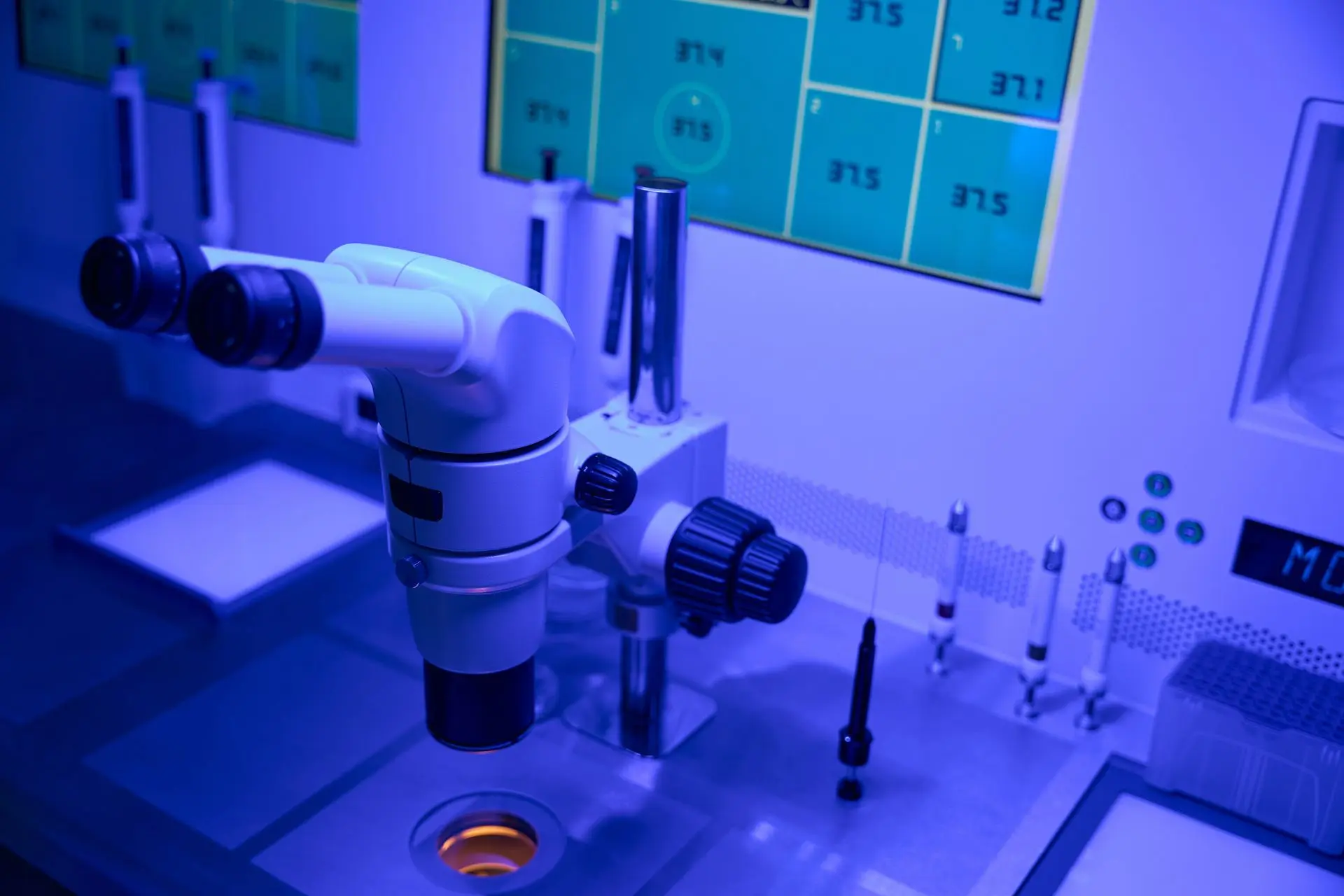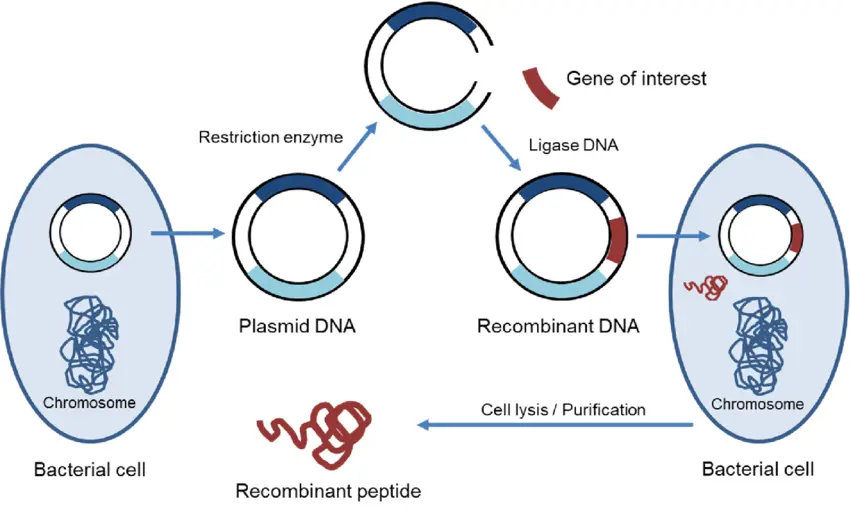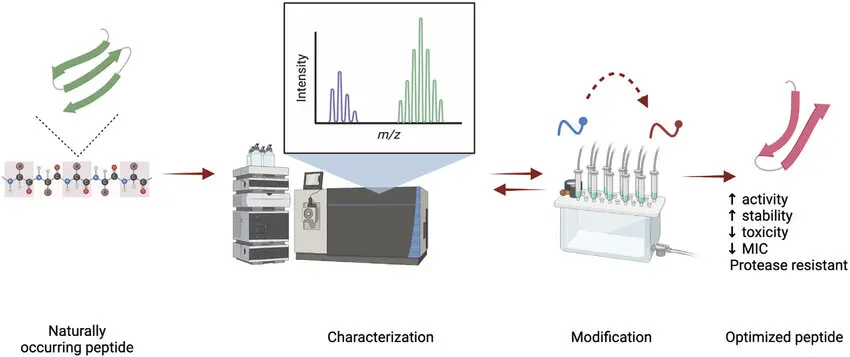🧬Exsulin : a company / a therapy / a goal
Redefining Diabetes Through Regenerative Science and Precision Healthcare
Welcome to Exsulin
Welcome to Exsulin Corporation, a pioneering biotechnology company dedicated to transforming the treatment landscape for diabetes. Rather than simply managing symptoms, our mission is to address the root cause of the disease the loss of insulin producing cells in the pancreas through innovative regenerative peptide therapies. Leveraging breakthroughs in molecular biology and clinical science, we aim to restore the body’s natural ability to produce insulin, offering renewed hope to millions of people living with Type 1 and advanced Type 2 diabetes worldwide.
Our work represents a shift from lifelong insulin dependency towards true biological healing — a future where diabetes is no longer a chronic burden, but a condition that can be reversed.
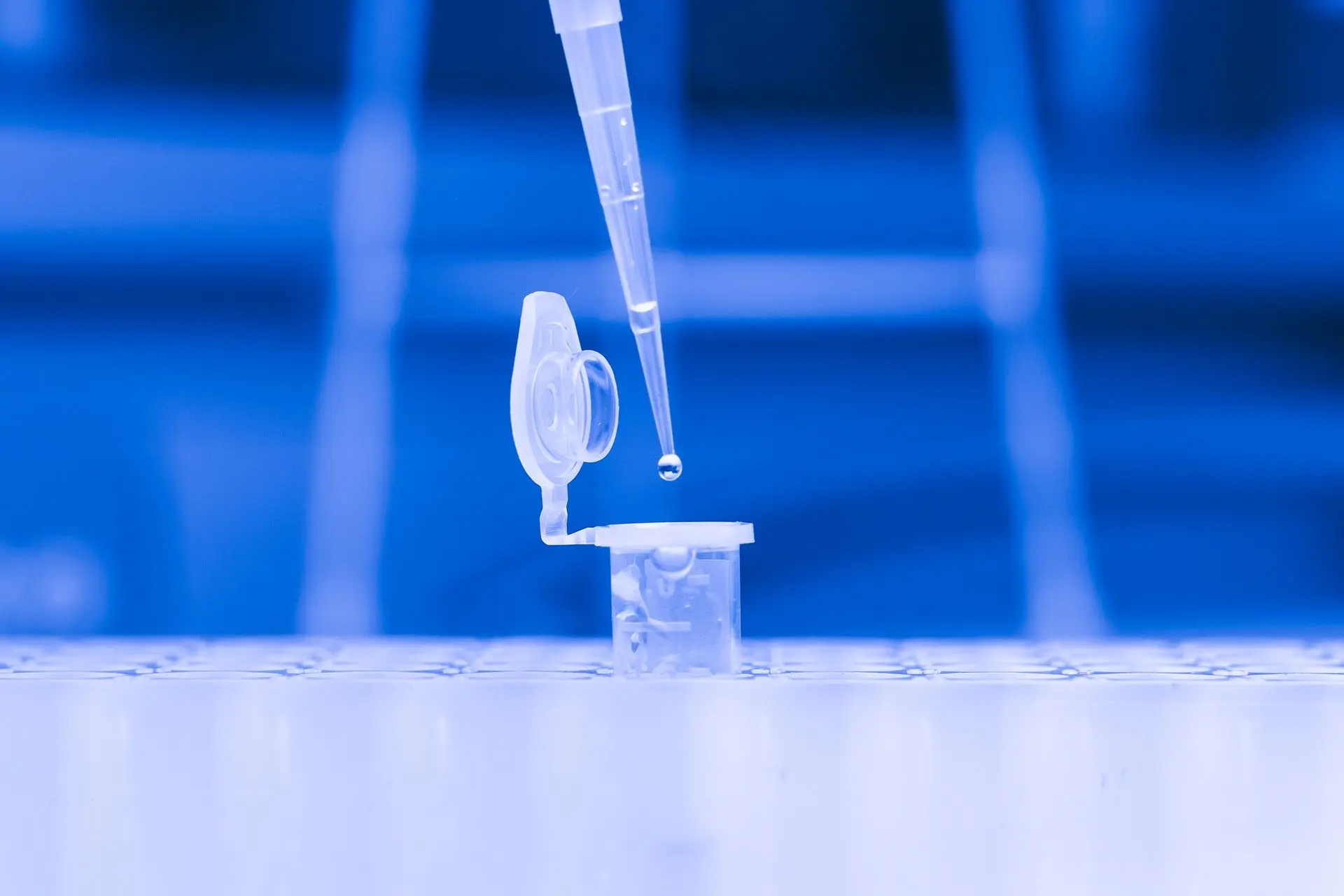
About Us
Exsulin Corporation was founded by a team of dedicated professionals with decades of experience in diabetes research, endocrinology, and biotechnology. Our leadership includes industry experts and global advisors who share a common goal: to develop therapies that regenerate damaged pancreatic tissue and restore metabolic health.

Our Mission
To harness the power of regenerative biotechnology to restore the pancreas’s ability to produce insulin naturally, fundamentally altering the course of diabetes.
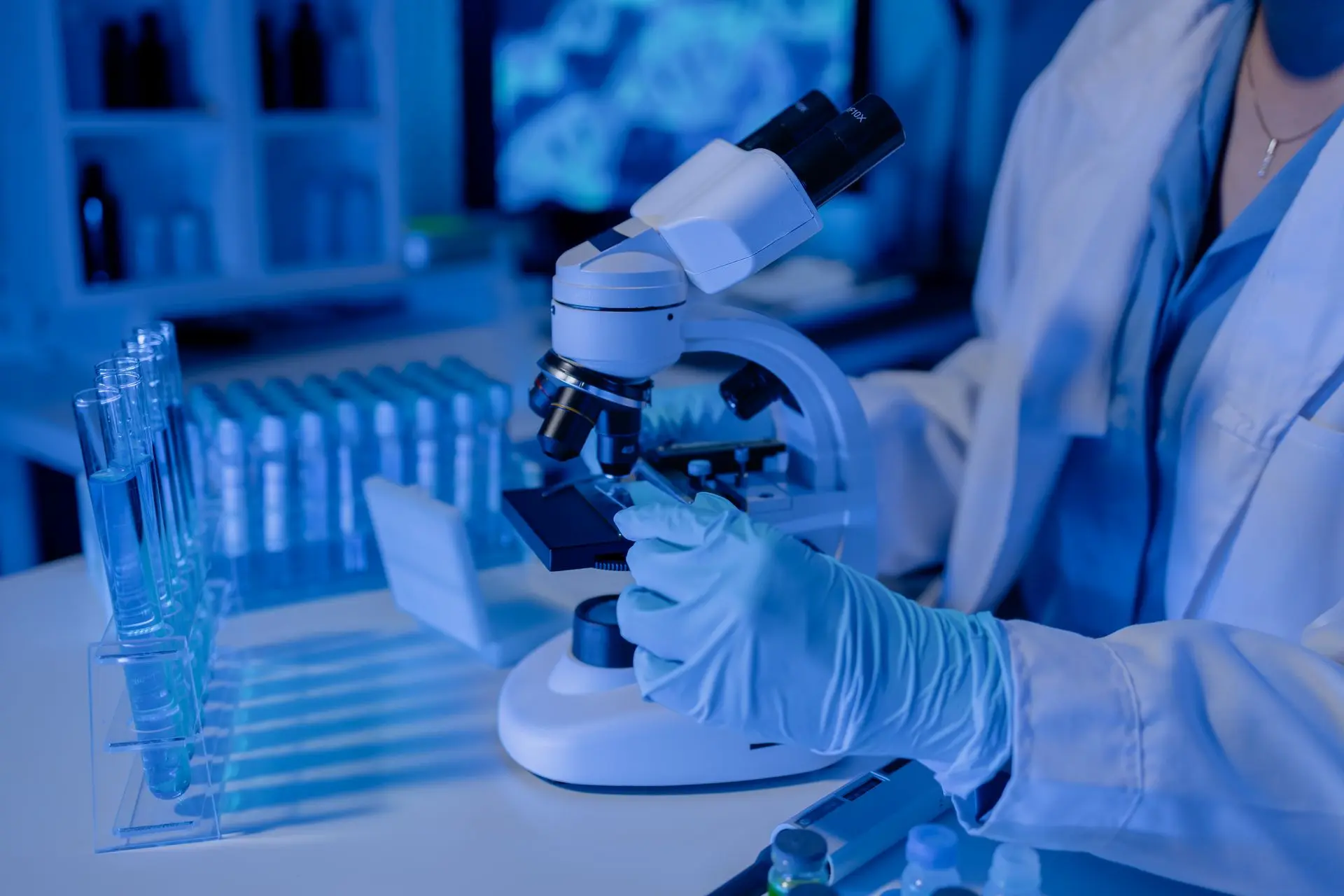
Understanding Diabetes: A Complex Global Health Challenge
Diabetes is a chronic metabolic disorder that currently affects over 500 million people worldwide, making it one of the most pervasive and serious health conditions of the 21st century. Its prevalence continues to rise rapidly due to factors such as aging populations, urbanization, sedentary lifestyles, and dietary changes. Projections estimate that the number of individuals living with diabetes will surpass 700 million by 2045, posing significant challenges for healthcare systems, families, and economies globally.
At its core, diabetes is characterized by the body’s inability to properly regulate blood glucose (sugar) levels, which is essential for providing energy to cells throughout the body. When blood glucose remains elevated over prolonged periods, it leads to a cascade of serious and often debilitating complications affecting multiple organ systems.
These complications include:
Cardiovascular disease: Diabetes dramatically increases the risk of heart attacks, strokes, and hypertension, which are leading causes of death worldwide.
Kidney failure: High blood sugar damages the delicate filtering units of the kidneys, often leading to chronic kidney disease and dialysis dependency.
Blindness: Diabetic retinopathy, a damage to the blood vessels in the retina, is a major cause of preventable vision loss globally.
Neuropathy: Nerve damage results in pain, numbness, and loss of sensation, especially in the feet, increasing the risk of infections and amputations.
Other complications: Poor wound healing, increased infection risk, and cognitive decline.
The Two Main Forms of Diabetes
Diabetes is broadly classified into two primary types, each with distinct causes, pathophysiology, and clinical management:
Type 1 Diabetes (T1D): An Autoimmune Attack on Insulin Production
Type 1 diabetes is an autoimmune disease that often develops in childhood or early adulthood but can occur at any age. In T1D, the body's immune system mistakenly identifies the insulin-producing beta cells within the pancreatic islets of Langerhans as foreign and destroys them.
- This leads to an almost complete loss of insulin production.
- Without insulin, cells cannot absorb glucose from the bloodstream, causing dangerous elevations in blood sugar.
- Patients with Type 1 diabetes are fully dependent on lifelong external insulin therapy, administered through injections or insulin pumps.
- Despite insulin therapy, individuals with T1D face risks of hypoglycemia (low blood sugar), ketoacidosis, and long-term complications.
The exact triggers of this autoimmune destruction remain under study but likely involve a combination of genetic predisposition and environmental factors such as viral infections.
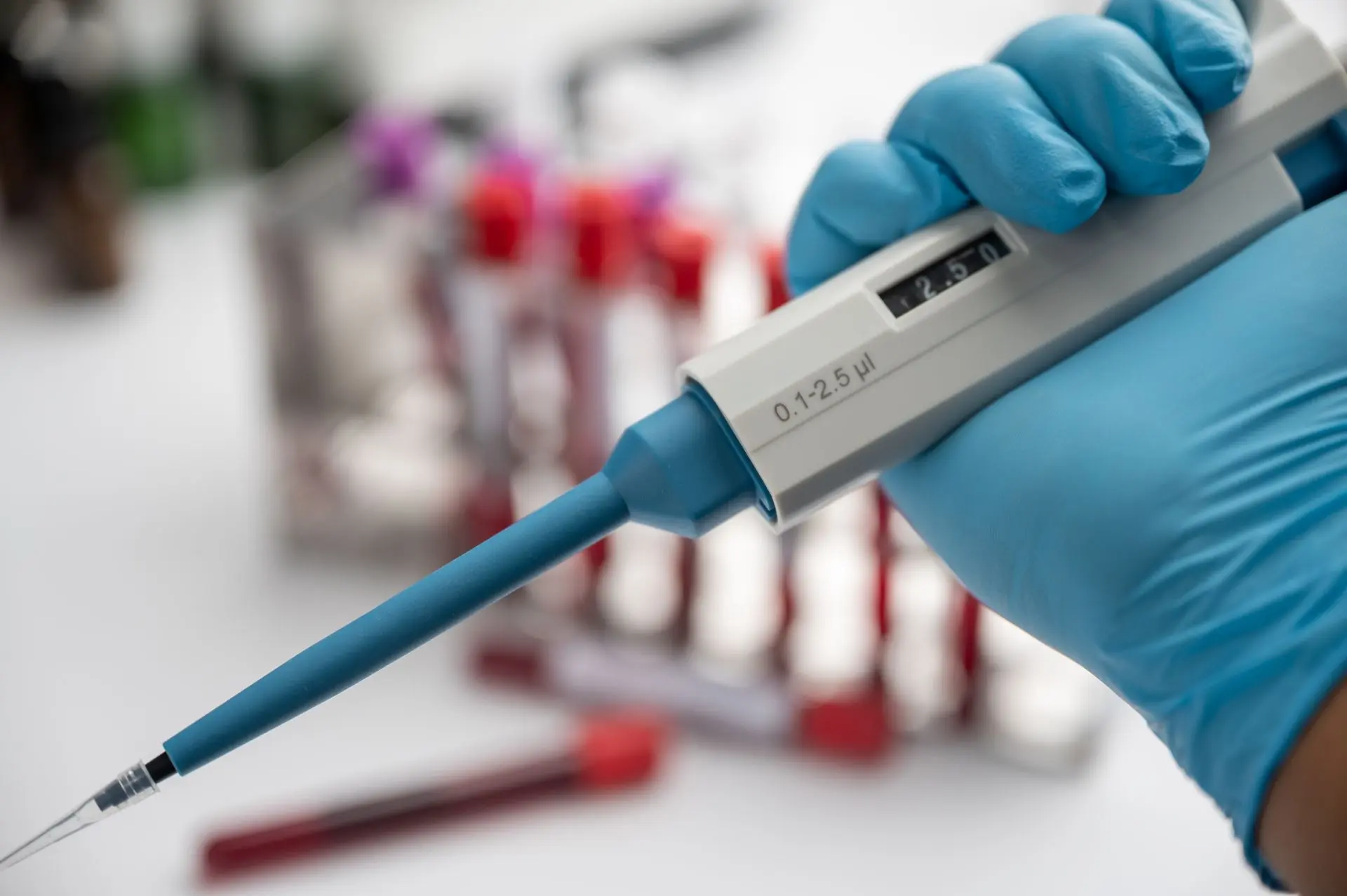
Type 2 Diabetes (T2D): Insulin Resistance and Beta Cell Exhaustion
Type 2 diabetes is the most common form, accounting for approximately 90–95% of all diabetes cases. It typically manifests in adulthood but is increasingly diagnosed in younger individuals, including children and adolescents, largely due to rising obesity rates.
- T2D begins with insulin resistance, a condition where the body’s cells become less responsive to insulin’s signal to uptake glucose.
- In response, the pancreas initially compensates by producing more insulin.
- Over time, however, the beta cells become exhausted and their ability to secrete sufficient insulin declines.
- This leads to chronic hyperglycemia (high blood sugar) and progressive metabolic dysfunction.
Type 2 diabetes is strongly linked to lifestyle factors such as poor diet, lack of physical activity, and excess body weight, but genetic factors also play a significant role.
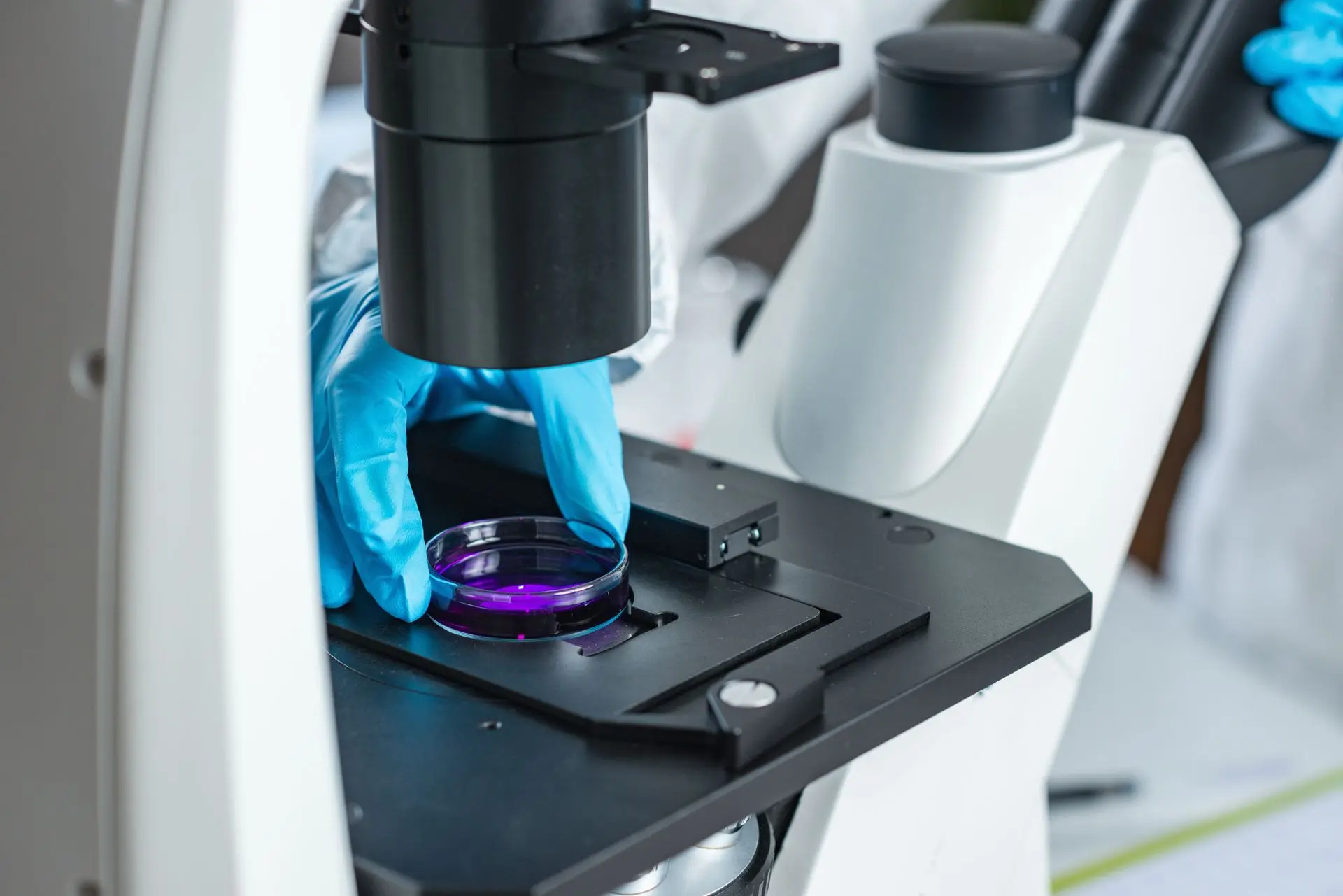
Insulin: The Essential Hormone for Life and Metabolic Balance
Insulin is a fundamental hormone produced by the beta cells in the pancreas that plays a crucial role in maintaining the body’s energy balance. It regulates blood glucose levels by enabling cells in muscles, fat, and the liver to absorb glucose from the bloodstream and convert it into energy or store it for later use. This precise control ensures that blood sugar remains within a healthy range, supporting normal cellular function and overall metabolism.
In healthy individuals, insulin secretion dynamically adjusts in response to meals and fasting, maintaining a delicate balance that fuels the body efficiently while preventing excess sugar from circulating in the blood.
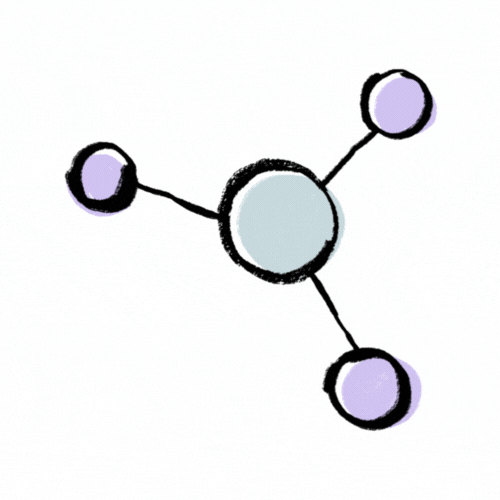
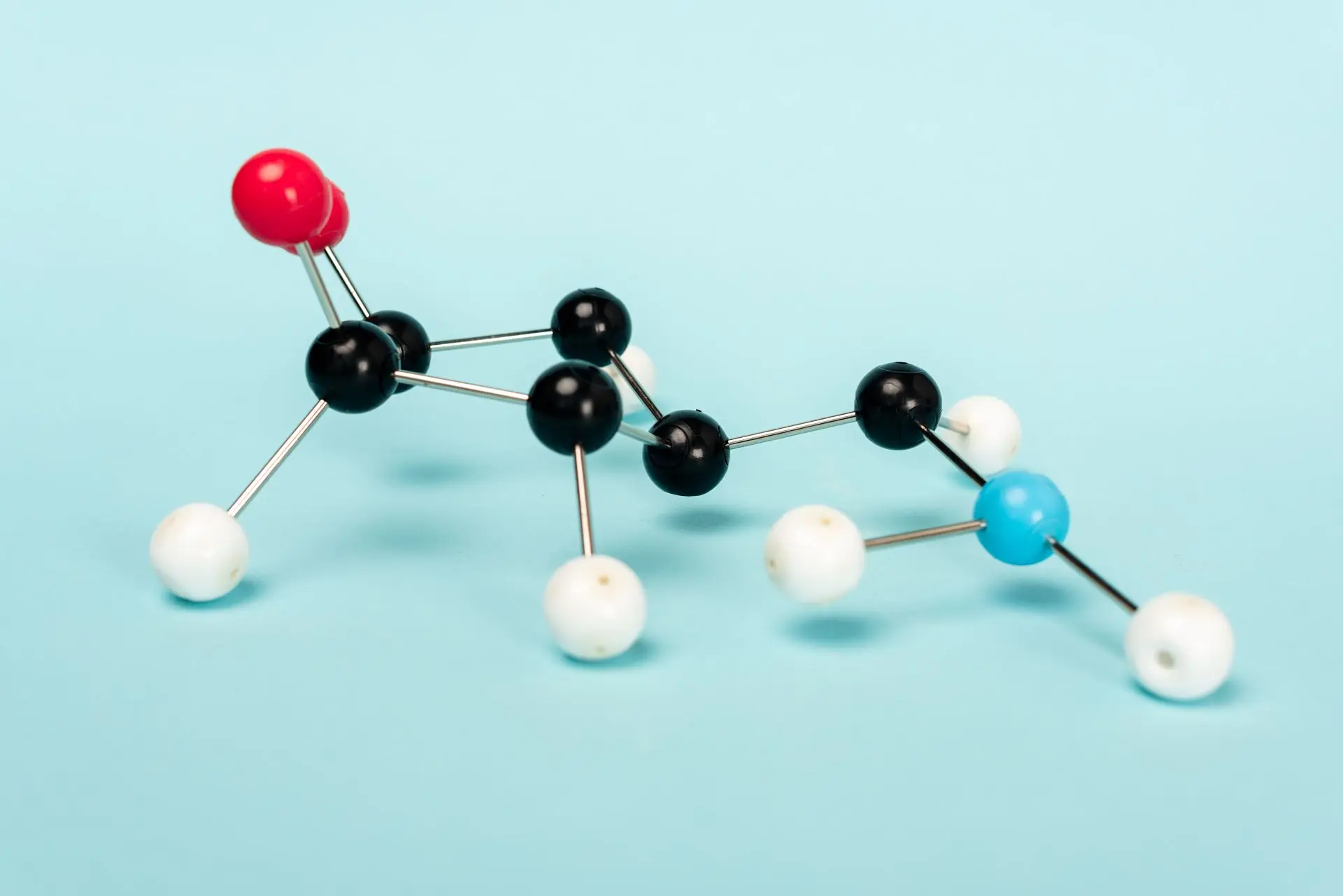
At Exsulin, our vision is to restore the body’s natural ability to produce insulin by regenerating the pancreas’s insulin-producing cells. By reactivating the body's innate glucose regulation mechanisms, we aim to help patients achieve a more balanced and sustainable metabolic state.
Using advanced peptide biotechnology, we are developing innovative therapies designed to stimulate the regeneration and proper function of beta cells, encouraging physiological insulin production. This approach represents a new frontier in diabetes treatment — one that works in harmony with the body’s natural biology to promote lasting health and improved quality of life.
Peptides: Harnessing Nature’s Molecular Language for Regenerative Healing
Peptides are small chains of amino acids—nature’s fundamental building blocks of proteins—that serve as powerful biological messengers within every living organism. These molecules orchestrate a vast array of physiological functions, from regulating metabolism and immune responses to directing cellular growth, differentiation, and tissue repair.
At Exsulin, we leverage this natural molecular language by engineering synthetic peptides designed to stimulate the regeneration of insulin-producing beta cells within the pancreatic islets. These peptides mimic or enhance endogenous signals that promote:
- Cell proliferation and survival: Activating pathways that encourage damaged or dormant beta cells to multiply and thrive.
- Tissue remodeling and repair: Supporting the restoration of the pancreatic microenvironment necessary for healthy islet function.
- Functional maturation: Ensuring that regenerated beta cells can respond dynamically to blood glucose levels by producing and releasing insulin appropriately.
Our peptide therapeutics are crafted using state-of-the-art molecular design, enabling high stability in the body, optimal receptor binding, and efficient cellular uptake. This approach allows us to harness the body’s intrinsic regenerative capacity, shifting the treatment paradigm from managing symptoms to restoring function.
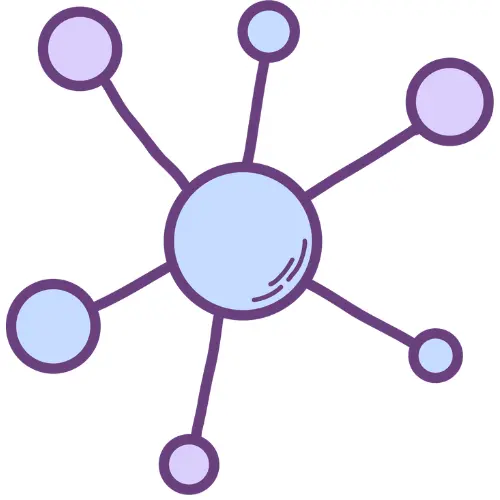
Biotechnology: Driving Innovation in Regenerative Peptide Therapy
At Exsulin, biotechnology is not just a tool — it’s the foundation of our vision to revolutionize diabetes treatment through regenerative, peptide-based therapies. Our work brings together advances in molecular biology, chemistry, engineering, and data science to create therapies that do more than manage disease — they aim to restore the body’s natural insulin production by regenerating pancreatic beta cells.
To achieve this, we rely on a suite of cutting-edge biotechnological techniques, each contributing a vital role in discovery, development, optimization, and delivery.

Solid-Phase Peptide Synthesis (SPPS): Precision at the Molecular Level
Our therapeutic peptides begin their life through solid-phase peptide synthesis, a method that allows us to build peptides one amino acid at a time on a solid resin. This approach enables:
- Exact control over sequence and structure, essential for targeted biological function
- High purity and scalability for preclinical and clinical use
- Efficient integration of chemical modifications for stability and bioavailability
SPPS remains the cornerstone of synthetic peptide production, supporting both rapid prototyping and large-scale manufacturing.
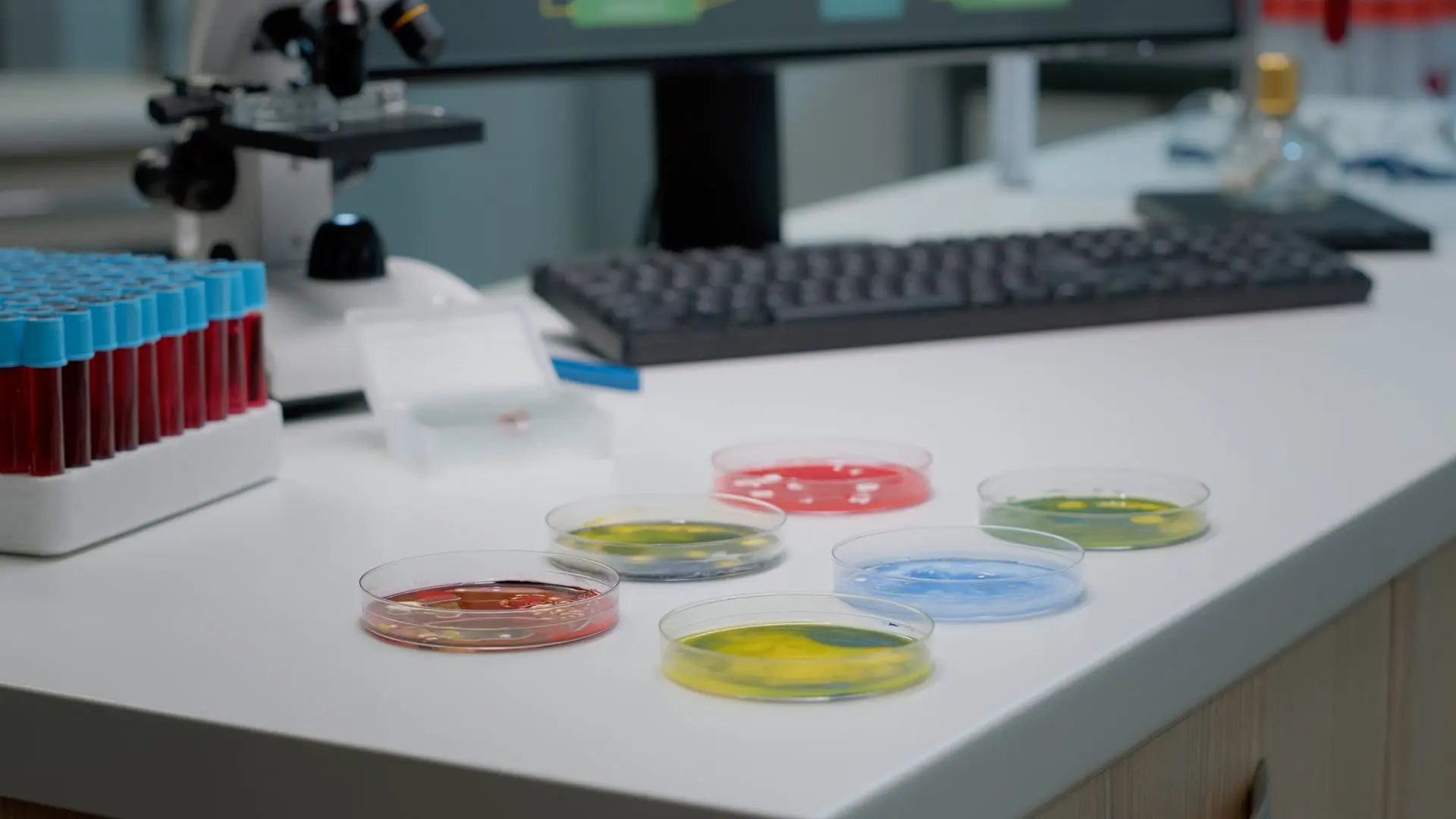
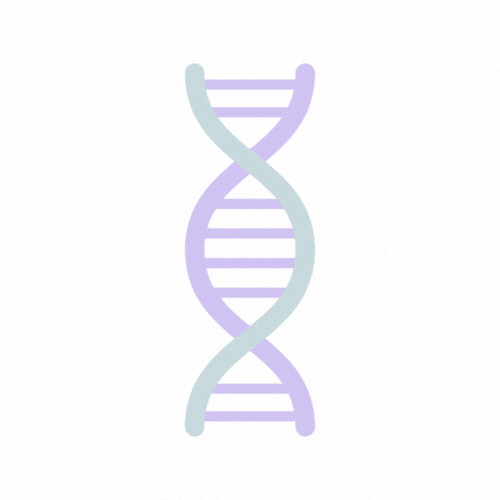
In Silico Design & Molecular Modeling: Designing Before Synthesizing
Before a peptide is ever created in the lab, it is modeled and optimized using computational tools. Our bioinformatics team uses:
- Structure-based modeling to predict peptide folding and receptor binding
- Molecular docking simulations to evaluate biological activity
- AI-assisted sequence optimization to improve performance and reduce off-target effects
This predictive design process reduces time and cost, while enhancing therapeutic potential from the earliest stages.
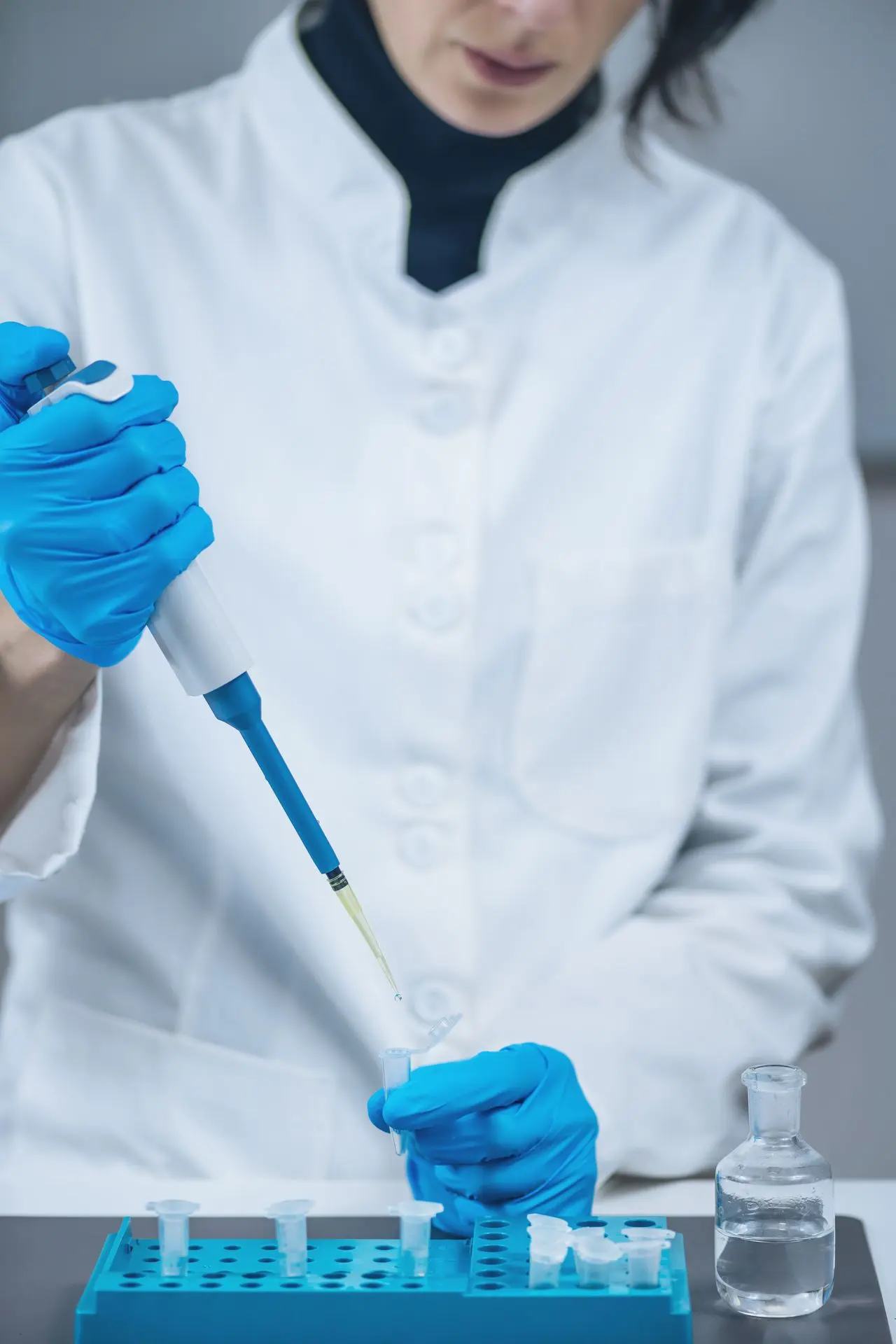
High-Throughput Screening (HTS): Rapid Discovery of Lead Peptides
To identify the most effective peptides, we perform high-throughput screening of large peptide libraries. This allows us to:
- Evaluate thousands of peptide variants for their ability to promote beta cell regeneration
- Measure biological markers like cell proliferation, insulin secretion, and signaling activation
- Prioritize the top candidates for further development based on performance and safety
HTS dramatically accelerates discovery and provides robust, data-driven selection of lead compounds.
Recombinant Peptide Expression: Scalable and Biologically Functional
For complex peptides and bioactive proteins, we employ recombinant DNA technology using engineered microbial or mammalian cells. This technique allows us to:
- Express peptides with natural folding and post-translational modifications
- Produce large quantities of peptide therapeutics in a controlled environment
- Ensure scalability and consistency for preclinical studies and clinical trials
This biotechnological route is crucial for peptides that cannot be easily synthesized chemically or require native structural features.
Peptide Optimization: Enhancing Performance in the Body
Our peptides are refined through advanced chemical modifications, which improve their function, longevity, and delivery. Techniques include:
- Cyclization to stabilize structure and resist enzymatic breakdown
- PEGylation to extend circulation time in the body
- Non-natural amino acid incorporation to increase selectivity and protect from degradation
These innovations ensure that our peptides remain active and effective in the physiological environment, reaching their target with precision.
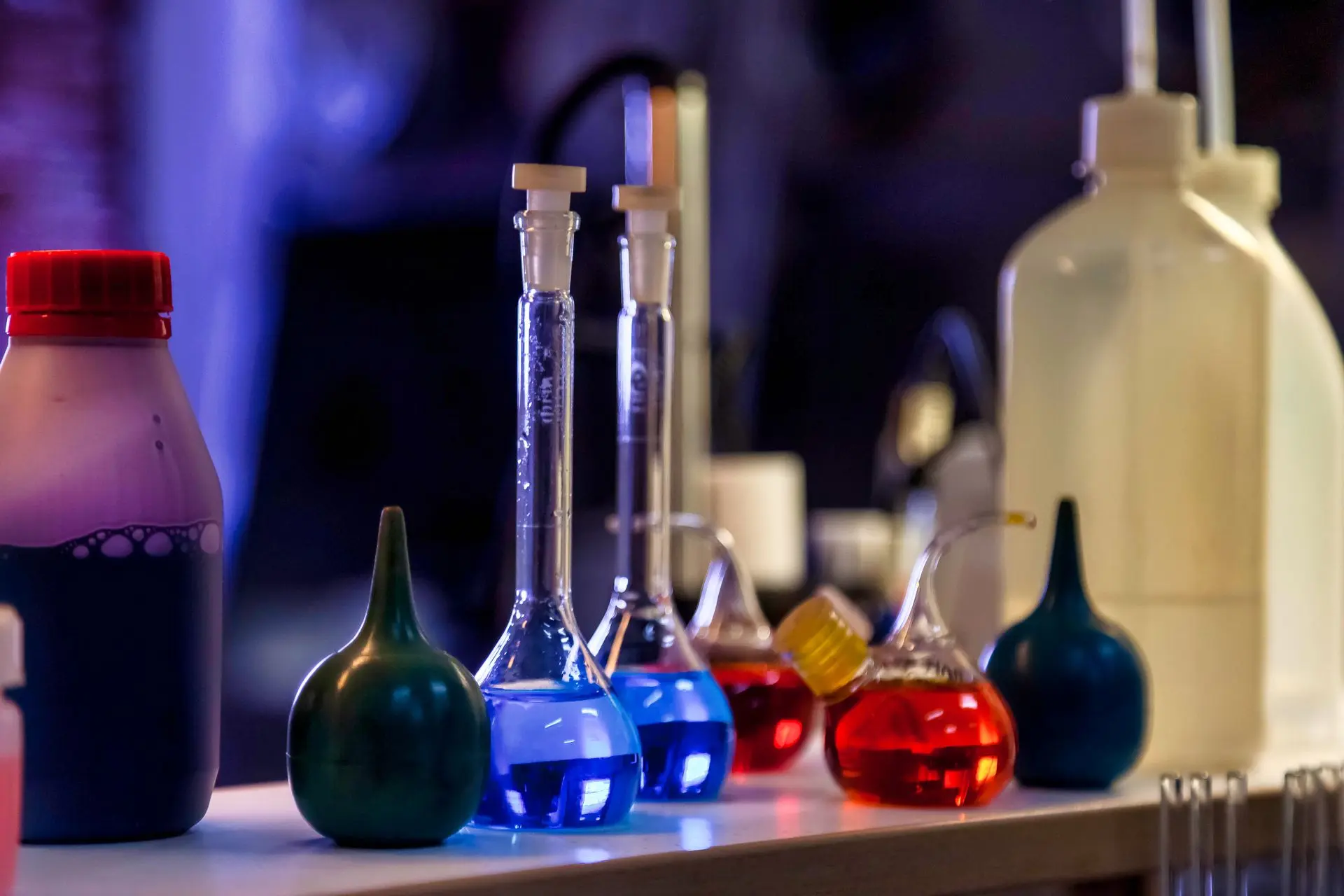
Targeted Delivery Systems: Directing Therapy to the Right Place
One of the greatest challenges in peptide therapy is ensuring delivery to the right tissue. Exsulin is developing nanotechnology-enabled carriers that:
- Protect peptides during transport through the bloodstream
- Respond to biological cues to release the peptide only at the pancreas
- Minimize off-target effects by avoiding healthy tissues
From lipid nanoparticles to hydrogel-based systems, our delivery platforms are designed for precision, efficiency, and patient safety.
The Future of Biotechnology at Exsulin
Our biotechnology platform is dynamic and evolving. As we advance, we continue to integrate:
- CRISPR-based tools to study gene regulation in pancreatic cells
- Synthetic biology to program peptide function with greater control
- Artificial intelligence to analyze clinical and molecular data for continuous therapy refinement
By combining these innovative techniques, Exsulin is leading the next wave of biotechnology focused on regeneration, restoration, and real-world healing.
